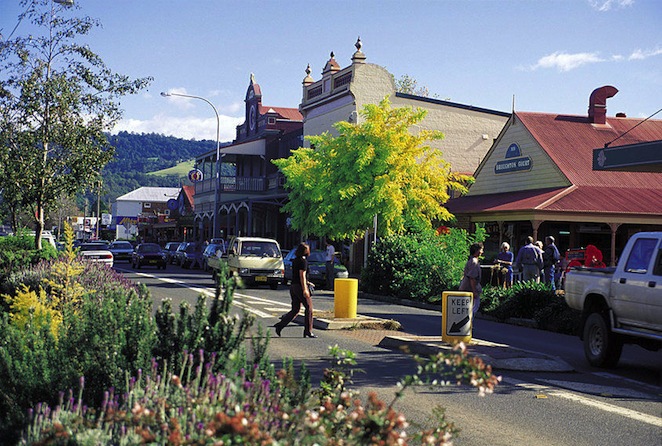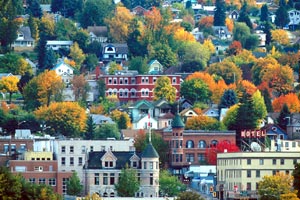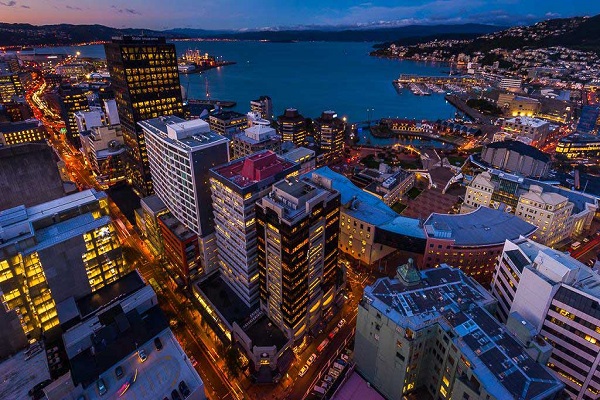Iceland
Find Eduxpress Programmes
Thanks to the Vikings, Iceland isn’t named after the fact that it’s an icy place (at least not anymore). But, make no mistake – Iceland has plenty of snow and glaciers, just like its ice-covered counterpart, Greenland. Iceland is also a place full of mythical wonders, located in the North Atlantic Ocean, with active volcanoes and glacial rivers covering its tiny land area – a land of fire and ice, if you will.
Ranking number 3 on the World Happiness Index, Iceland is home to peaceful and adventurous people. For international students, if you want to find a unique place to pursue your Master’s or Bachelor’s degree, you’ll find plenty of mountains to climb in Iceland.
If you want to enrol at Icelandic public universities, rejoice! There are no tuition costs you need to worry about; there's only a registration fee of 100–250 EUR, which allows you to spend money on travelling, finding great accommodation, or buying enough clothes to keep you warm.
English may not be an official language, but almost any local speaks it fluently. That's because English is taught as a second language in schools. So, drop any fears about language barriers or being misunderstood — you won't have to face them here. Actually, you shouldn't be surprised to discover that many Icelandic people speak other foreign languages as well, including Danish, German, French, and others.
There's a local habit called "vísindaferð". It takes place on Fridays, when groups of students often visit a local organisation or an interesting place/attraction. You will enjoy taking part in small tasks, being given a tour, and savouring a few snacks and drinks.
Thanks to its abundant natural resources, Iceland is one of the most eco-friendly nations in the world. Around 80% of its energy needs are covered by hydro and geothermal power. In Reykjavik, they even had hydrogen-powered buses at some point, and there are initiatives to bring them back!
It's no secret that Iceland has some of the most beautiful and iconic natural landscapes. While living here, you should visit places like the Gullfoss Falls, the Thingvellir National Park, Seljalandsfoss, the active geysers, the Hallgrimskirkja modern cathedral, etc.
And don't forget abut the hot springs — courtesy of geothermal activity — which allow anyone to enjoy a warm and relaxing bath at any time during the year!
Did you know that 1 in 10 Iceland residents will publish a book at some point in their lives? There must be some incredibly smart people there! What do all of those geniuses study? Well, if you’re going to Iceland for your Bachelor’s or Master’s degree, you can find a range of programmes and subjects to expand your mind.
Here are some disciplines for you to consider in Iceland:
Keep in mind what we said above: university education in Iceland is very, very new. So, universities are just learning how to walk and find their balance. But if you’re interested in studying in Iceland, a wonderful university for you to keep in mind would be University Centre of the West Fjords.
Each university in Iceland has its own system on their website that allows future students to apply for and enrol in their degree programmes. So, once you select the university of your choice, you can go through their application and submit your materials there.
Here are some of the basic requirements you’ll need for every application:
Let's take a closer look at tuition and living expenses in Iceland:
If you study at one of the public universities in Iceland, you won’t have to pay any tuition fees. You will, however, have to pay a one-time, non-refundable registration fee, ranging between 100 and 250 EUR.
Private universities are a different story. Their tuition fees can be quite expensive and they change depending on whether you’re an EU/EEA or non-EU/EEA student. Always check the official university website to find out what tuition applies to you.
Because of its rather isolated location and tundra climate, living in Iceland can be quite expensive. But plenty of international students manage to get by thanks to the inexpensive tuition prices. Plus, with all of the natural beauty and landmarks all over Iceland, there are plenty of ways to have fun for free.
In general, you should prepare a minimum of 900–1,000 EUR/month. Here is a breakdown of living costs in Iceland:
The Republic of Iceland is a country of northwestern Europe, comprising the island of Iceland and its outlying islets in the North Atlantic Ocean between Greenland, Norway, the British Isles, and the Faroe Islands. Iceland is a part of the world- encircling undersea mountain system that is the locus of new crust formation. About 11% of Iceland is covered by glaciers. By far the largest of the ice caps is Vatnajökull in Southeast Iceland with an size equal to all the glaciers on the European mainland put together.
Interesting facts about Iceland


